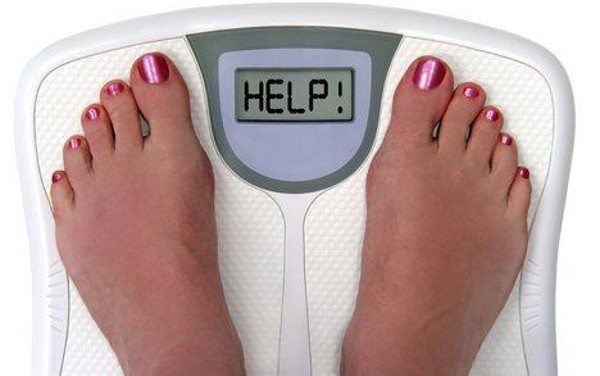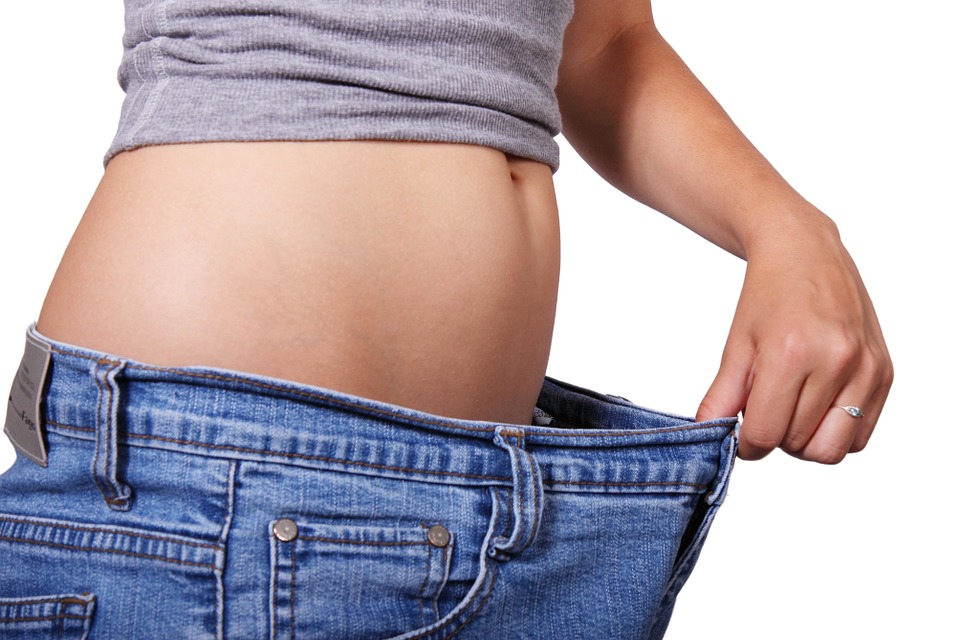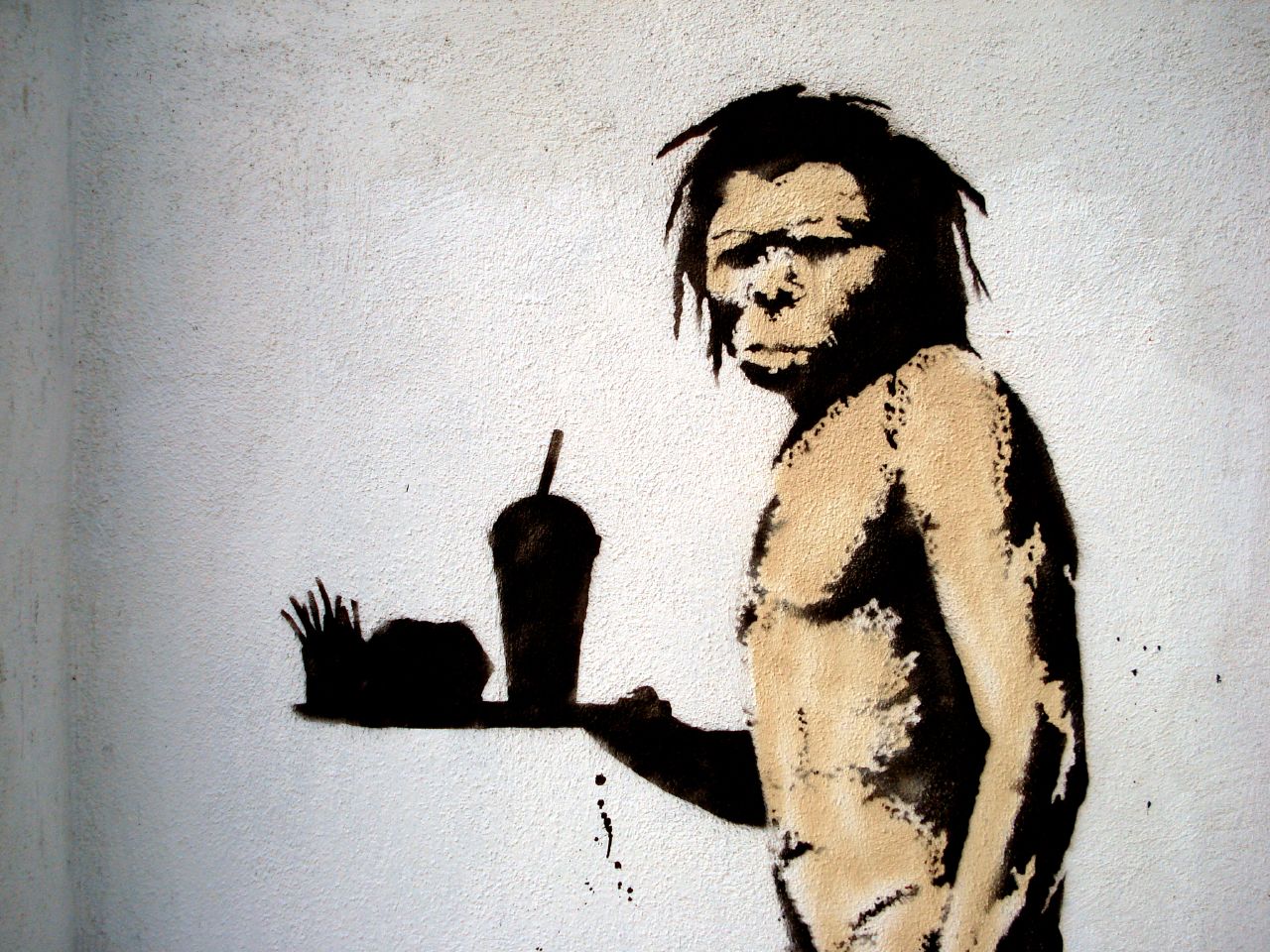Fad Diets: The Good, the Bad and the Hungry
Every day it seems a new diet is ready to make weight loss faster and easier than ever before. These diets may promise results, but many are hard to follow, have arbitrary rules and a few could put your health in danger.
A “fad diet” is a diet that makes promises of weight loss without backing by solid science. Some of the more popular fad diets include: low-carb diets like Atkins or the South Beach diet, the paleo diet and “juicing” or juice fasting.
Why do people diet?
The main reason people try fad diets is because they’re fat.

Source // CC BY 2.0 via Flickr
Not everyone that tries these diets is morbidly obese, some just want to use a few pound, either for personal health reasons or for a particular event coming up. “I’ve even had 80-year-olds come into my office looking to lose weight,” jokes Dr. Zahalsky, “Truthfully, at that age I usually recommend not dieting because, should you fall, there’s a little padding to protect your bones.”
Low-Carb Diets
“As doctors, we divide all foods into three categories: carbohydrates, fats and proteins,” Dr. Zahalksy explains, “Proteins are muscle-based foods like chicken, steak and fish. There are some plants with protein, but not as much. Fats are, as the name implies, fat. There are better fats and worse fats, including butter, animal fats and any kind of oil, whether plant or animal based. Everything else is carbohydrates.”
The key element of low carb diets is that, though you have to avoid carbohydrates, you’re allowed to each as much protein and fat as you like. Because you are allowed to eat as much as you want, it is advertised as a ‘no deprivation’ diet.
But there’s a catch.
Your body, from your brain to your heart to your lungs, requires sugar to create energy. “One of the most painful things I’ve had to do as a doctor is memorize the Kreb Cycle [the process that turns sugar into energy], over and over and over,” jokes Dr. Zahalsky.
It is much harder to turn a protein and a fat into sugar.
“Think if it like an exchange rate at the bank,” Dr. Zahalsky illustrates, “When you exchange the money, the bank takes a cut for the exchange, so you end up with less than you started with. Because your body doesn’t process protein and fat as efficiently, you have to eat about 3 times the amount of protein and fat to get the same caloric energy you’d get in one unit of carbohydrates.”
Since your body is designed to register caloric intake, not volume, and because your body is using more energy to process the food you are eating, it will think that you are starving and start breaking down fat reserves. Tada! Weight loss.

Is it really healthy to be eating all that protein and fat?
“There was a lot of concern [in the medical community] when low-carb diets first came on the scene,” recalls Dr. Zahalsky, “that you would really be doing a number on your cholesterol. For this reason, many, many studies were done on low-carb diets.”
And you know what the results were?
They found that, not only did people on a low carb diet lose more weight, but they had a lower cholesterol ratio!
But there are other studies that have shown things that are not quite as promising. For example, even though the lower carb diet lost more weight, the weight came back after a while, and ended up at approximately the same weight as people on the conventional diet
Why?
“When you’re body thinks its starving it not only breaks down your fat,” explains Dr. Zahalsky, “it slows down your metabolism so you won’t starve. Over time, you have to eat less and less to maintain weight loss.”
Additionally, much of the initial weight loss is not fat at all. It’s water.
Your body stores 5-10lbs. of water in the form of glycogen – the body’s emergency sugar stores. On a low carb diet, you will lose these stores immediately (because it thinks its starving). That doesn’t happen if you are on a regular balanced diet.
Low-carb diets are not for everyone.
People with kidney problems – and overweight patients with high blood pressure and high cholesterol are more likely to have stressed out kidneys – may be putting unnecessary stress on their kidneys on a low carb diet.
“Studies on low carb diets rarely go past 12 months,” Dr. Zahlasky points out, “so we really don’t have any information about the long-term effects of low-carb diets on your kidneys.”
The Paleo Diet
Paleo – short for ‘paleolithic’ – diets are similar to low-carb diets – featuring a lot of protein, fat and a limited amount of carbohydrates. Unlike a strict low-carb diet, it does allow certain carbs, specifically whole natural foods that would have been available to a hunter-gatherer society (which is how it earned its nickname – the ‘caveman’ diet).

Banksy’s Caveman // CC BY 2.0
There have been many studies on the paleo diet. On the plus side – it has been generally shown increase A1C and decrease bad cholesterol. A 2015 meta-analysis of studies in the Journal of Clinical Nutrition found that the paleo diet led to a greater short-term improvement in patients with metabolic disorder than those in the control group.
However, similar to the low carb diet, none of the studies last beyond 6-12 months, so there is the suspicion that this could lead to a relative starvation response, leading to a large drop in water weight at the beginning, a slowed metabolism, thus resulting to weight gain over time unless you limit the calories you eat.
Juicing & Fasting
Juice fasting has been popular for several years (since Beyonce said she lost 20lbs on the Master Cleanse). In a juice fast you drink as many whole fruits and vegetables as you like in juice form – but that’s all you can have.
There are a few studies on juice fasting, but most are very small.
“One thing that the studies show is that you definitely lose weight,” Dr. Zahalsky concedes, “most people can’t get enough calories from juice to maintain weight.” Researchers studying the effects of prolonged fasting have noted fasting lowered glucose levels and increased stress resistance and longevity in mice and yeast.
However, because it is juice, it passes through your stomach much more quickly than protein and fat, which makes you hungrier than in practically any other fad diet – making it almost impossible, and even dangerous, to maintain for an extended period of time. Consequently, there is no solid research on the long-term effects of fasting in humans.
There is also no solid evidence for a detoxifying effect of any juice fast. All the studies’ participants fasted under a doctor’s direct supervision, and researchers warn that juice fasting is probably more dangerous than helpful.
So what diet should you go on?
“I have always espoused the “No Crap” diet,” quips Dr. Zahalksy, “If you eat no chips, no cake or ice cream, and no ‘crap’ foods you will lose weight.”
Surprisingly similar to the paleo and low-carb diets!
“Now, you will lose more weight with a low carb or paleo diet,” Dr. Zahalsky admits, “but, it is darn near impossible to maintain a low carb diet indefinitely.”
Whatever diet you choose, choose a diet you can live with. Any diet you choose to lose weight in the short term is not going to have long-term health benefits.
“The only situation where a fad diet would have applications would be if your goal is short-term weight loss,” explains Dr. Zahalsky, “like looking good in a wedding dress, for example.”
How Activ Doctors Online Can Work for You
Personal Health Record
Patients have been known to see different internists, endocrinologist and even specialized weight loss doctors, all of whom are changing their diet, monitoring their weight and body functions – and sometimes tests get duplicated for no good reason.
With a centralized personal health record, all those health records are available for all their doctors, which avoid unnecessary testing and keeps all their doctors up to date with all their health issues.
e-Consultations
Feedback from a counselor, whether discussing goals, progress (or lack thereof) and results can motivate patients toward successfully completing a weight-loss program. However, face-to-face interactions can be time consuming and inconvenient.
Research suggests that online communication can be just as effective as an in-person meeting. If your doctor participates, you can use the consultation features for convenient access to all your doctors – something that can save time and money.
Second Medical Opinions
Wondering why your weight falls far too slowly or stays the same? A second medical opinion can either confirm a diagnosis and treatment plan suggested by your doctor or give you alternate options for care.
By seeking a second opinion, you are more equipped to make informed decisions that can have long-term health consequences. If you need to speak to a specialist, either because of your fad diet or the natural progression of you diseases, we can put you in touch with the best doctors in the field of your concern.